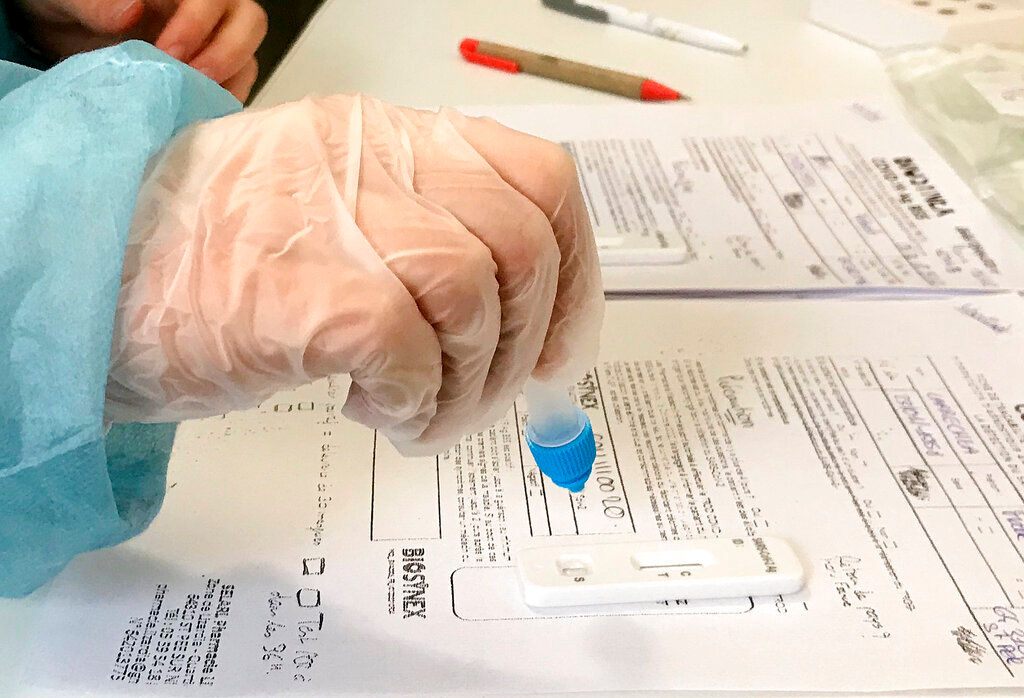The omicron variant of coronavirus has been
detected in 38 countries across the world but no deaths have been reported
because of it so far, the World Health Organisation said on Friday.
The US and Australia became the latest
countries to confirm locally transmitted cases of the omicron variant, as cases
in South Africa, where the variant was first detected on November 24, past
three million.
Also Read: WHO says measures against delta work for omicron too
The WHO said it could take weeks to know
how infectious the variant is, whether it causes more severe illness and how
effective treatments and vaccines are against it.
“We’re going to get the answers that
everybody out there needs,” WHO emergencies director Michael Ryan said.
The WHO on Friday said there were no
reports of death due to omicron, but the new variant’s spread has led to
warnings that it could cause more than half of Europe’s COVID cases in the next
few months, AFP reported.
The new variant could also pose a threat to
the world’s economic recovery, just as the Delta strain did, International
Monetary Fund chief Kristalina Georgieva said on Friday.
“Even before the arrival of this new
variant, we were concerned that the recovery, while it continues, is losing
somewhat momentum,” she said.
“A new variant that may spread very rapidly
can dent confidence.”
A preliminary study by South African
scientists suggested that omicron is three times more likely to cause
reinfections compared to the Delta or Beta strains.
The emergence of omicron was the “ultimate
evidence” of the danger of unequal global vaccination rates, Red Cross head
Francesca Rocca said.
Also Read: WHO surge teams rush to South Africa’s Gauteng to counter omicron wave
South African doctors also said they found
evidence of spike in children under five admitted to hospital since omicron
emerged. But they said it was too early to know if young children were
particularly vulnerable to the variant.
“The incidence in those under-fives is now
second-highest, and second only to the incidence in those over 60,” said
Wassila Jassat from the National Institute for Communicable Diseases.







